



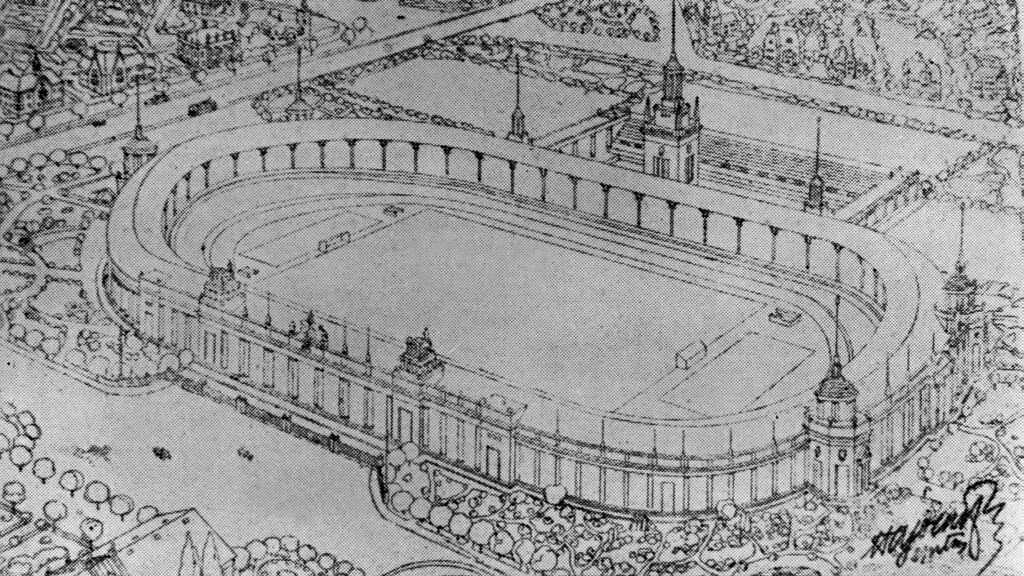
From 1 January 2026, the works of Albert Einstein, Thomas Mann and hundreds of other authors and artists can be freely used, as copyright protection expires 70 years after the creator’s death, Hungary’s Intellectual Property Office said.
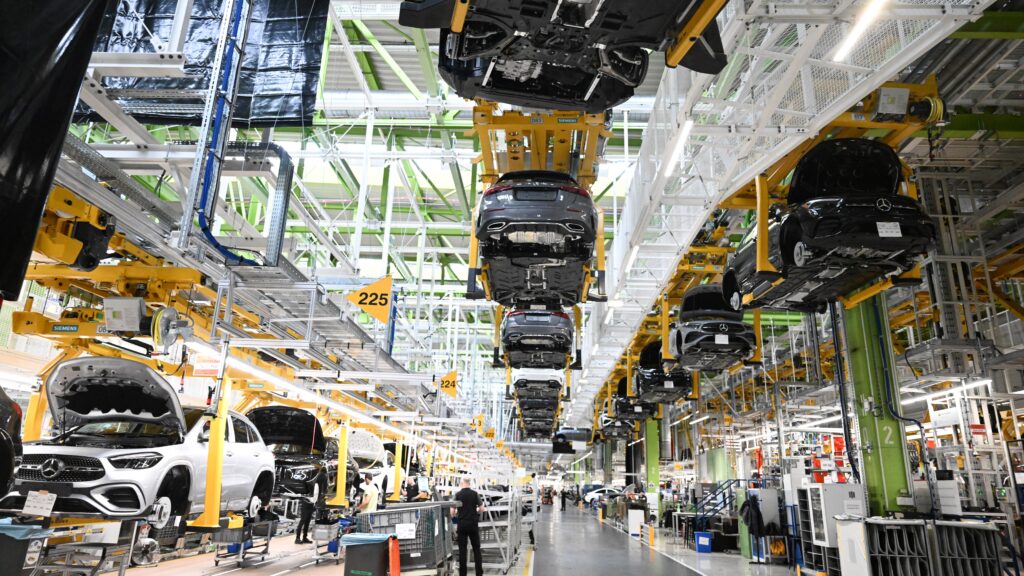
Mercedes will begin producing the A-Class in Hungary from this year, expanding its manufacturing footprint in Kecskemét. The move further strengthens Hungary’s role in the company’s European production network, according to Foreign Minister Péter Szijjártó.
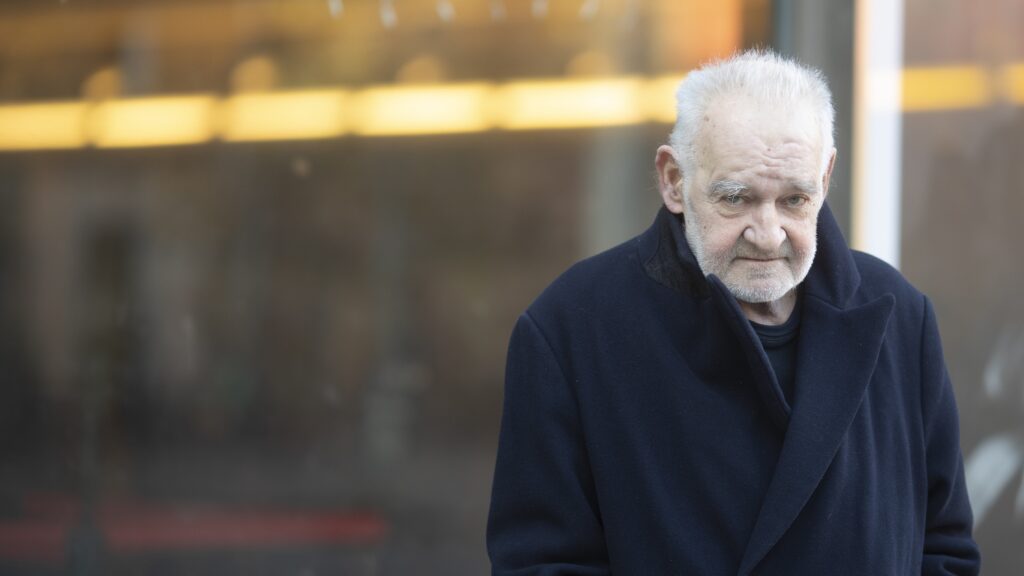
Béla Tarr, one of the most influential figures in Hungarian and international cinema, has died at the age of 70 after a long illness. Renowned for films such as Sátántangó and Werckmeister Harmonies, his work reshaped modern film language.
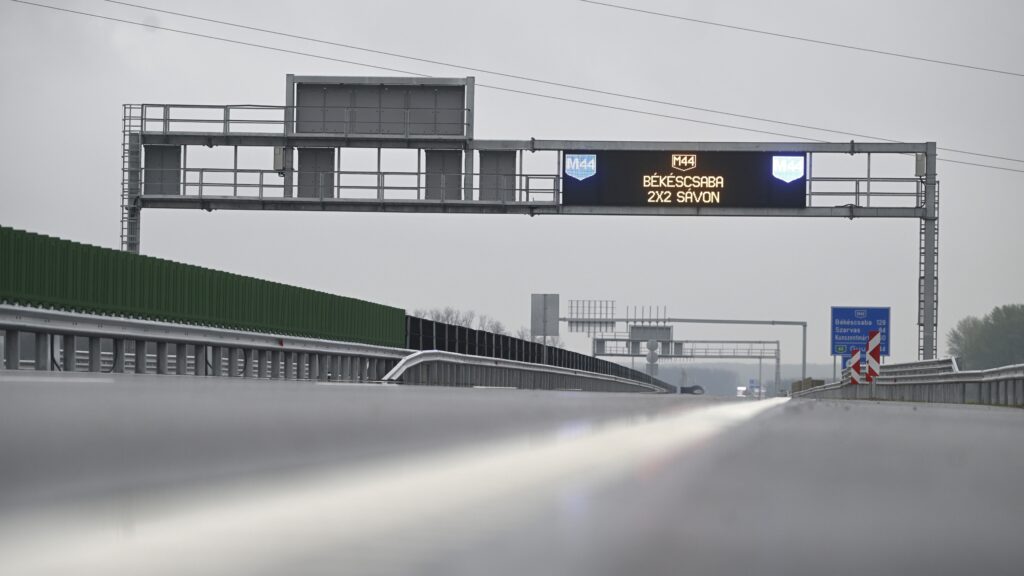
The northern section of the Corridor 5C motorway crossing Bosnia-Herzegovina, linking Budapest with Croatia’s Adriatic port of Ploče, could be completed by the end of 2026, marking a major step in a long-delayed regional project.

More than 33 million pilgrims travelled to Rome during the Jubilee Holy Year, exceeding all expectations, as the Vatican prepares to close the Holy Door of St Peter’s Basilica, marking the end of a year dedicated to hope and renewal.

The song thrush has been named Hungary’s Bird of the Year for 2026 following an online public vote organized by the Hungarian Ornithological and Nature Conservation Society, highlighting the species’ beauty, ecology and conservation challenges.

From 1 January, members of the Hungarian Defence Forces and civilian defence employees are receiving improved non-wage benefits, including higher travel reimbursements, increased housing support and expanded family-related allowances.

Hungary is launching a new phase of its family-focused tax policy from 1 January, expanding tax allowances, widening income tax exemptions for mothers and raising several family-related benefits.

Hungary’s minimum wage rose by 11 per cent from 1 January under a nationwide agreement, alongside a 7 per cent increase in the guaranteed wage floor. The pay rise also lifts several social benefits, strengthening household incomes.
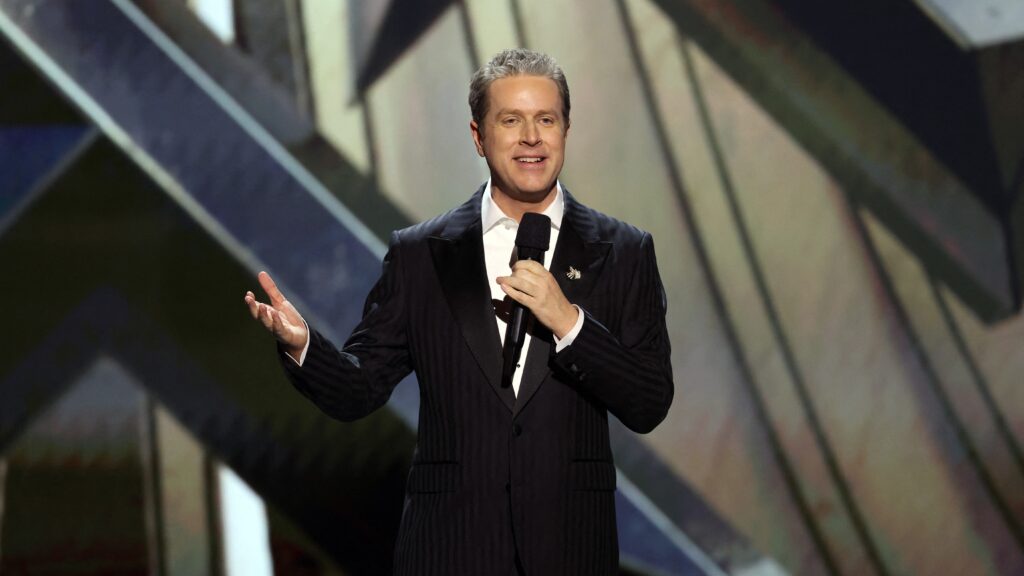
The Game Awards reached a new milestone in 2025, drawing a record 171 million global livestreams and confirming its status as the world’s most-watched video game event. Viewership rose sharply across platforms, driven by co-streaming, global distribution and major premieres.

For generations, Christmas was not only a time of celebration but also of prediction. Folk traditions held that the weather during the holiday period revealed clues about the coming year’s harvest, summer conditions and overall prosperity.
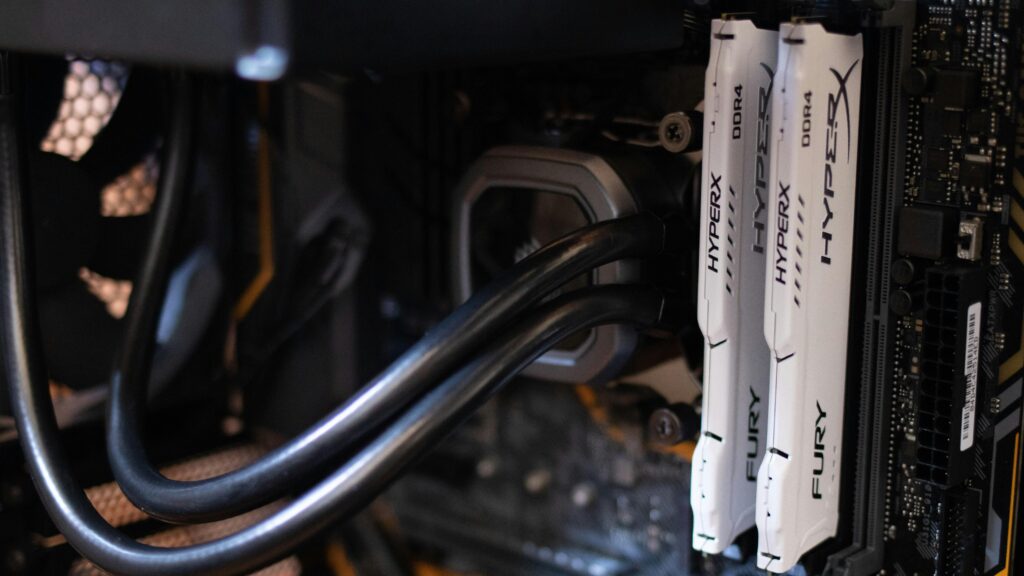
Black Friday bargains largely failed to materialize for PC buyers this year, as soaring component prices pushed computer costs sharply higher. Memory modules in particular surged, adding up to 10–20 per cent to final prices and threatening further increases across electronics.

Artificial intelligence is set to enter a new phase in 2026, evolving from a practical tool into a true digital partner. A new Microsoft study says Hungary is keeping pace, with the infrastructure in place to close the AI gap with Western Europe.
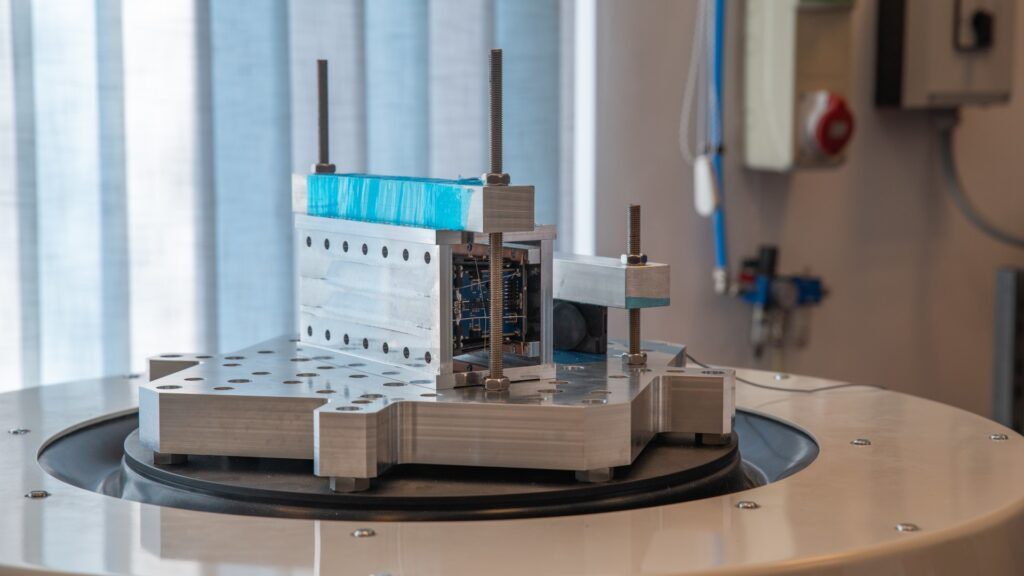
Hungary has established contact with Hunity, the sixth student-built satellite of Budapest University of Technology and Economics, launched by SpaceX in late November. After successful system checks, the tiny spacecraft is now communicating from low Earth orbit.
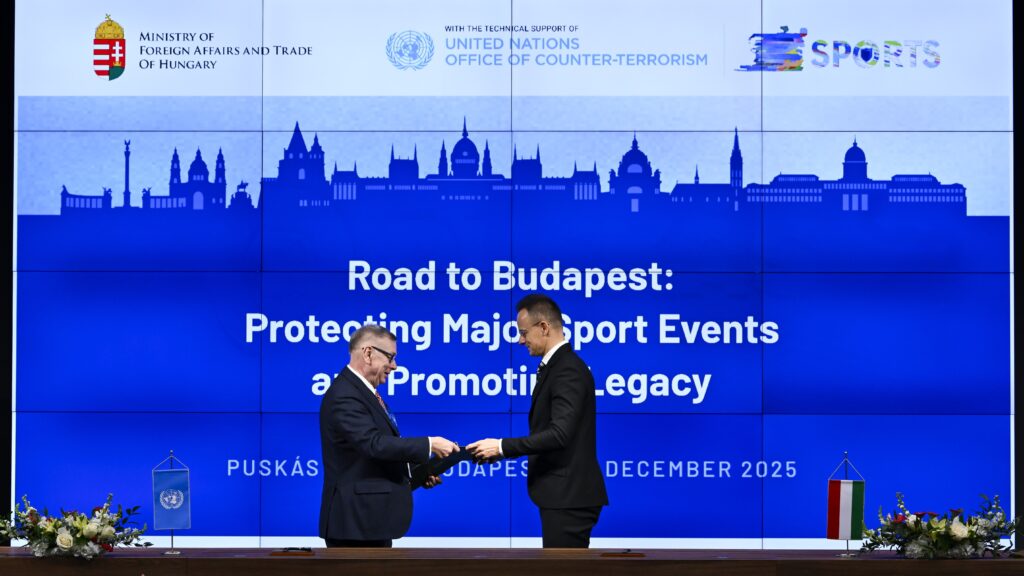
Hungary has signed a cooperation agreement with the UN Office of Counter-Terrorism to strengthen the security of major sports events, aiming to ensure that matches remain free from violence, extremism and security threats.
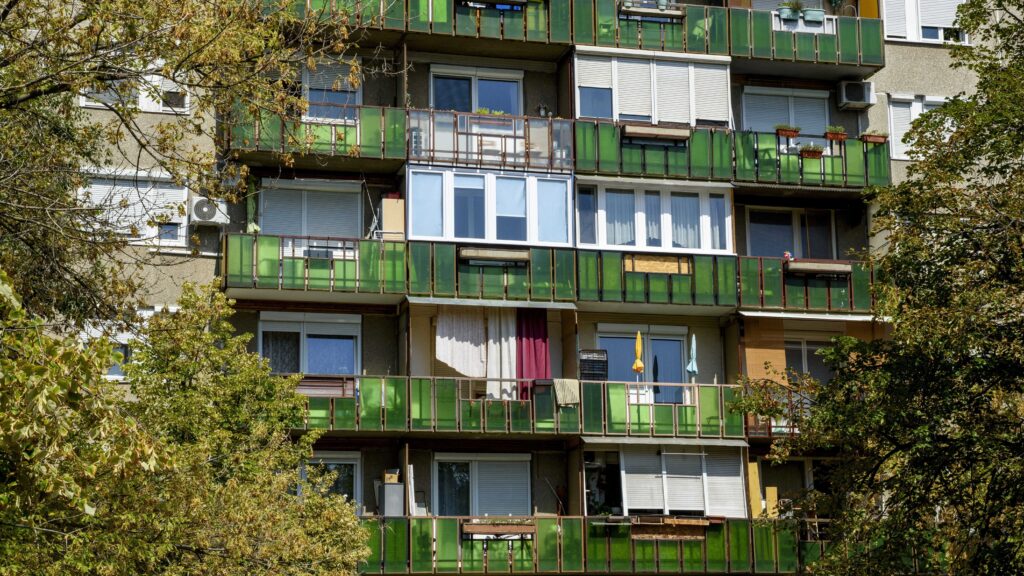
Budapest has launched the first phase of its Green Panel Programme, offering apartment blocks in Kőbánya access to grants for energy-efficient renovations, with the scheme set to expand to other districts to cut emissions and improve living conditions.
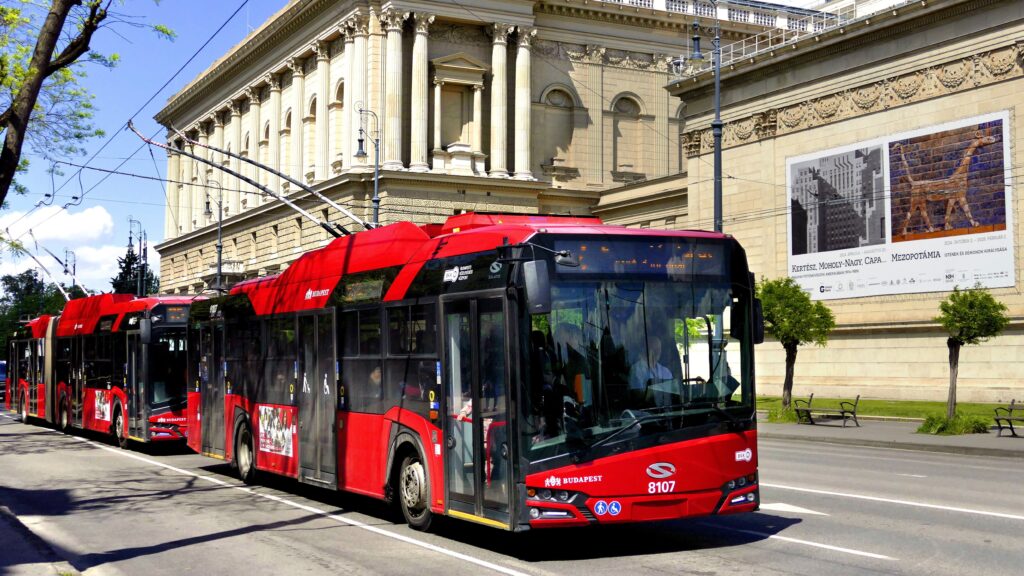
Budapest is set to strengthen its green public transport network after the city transport authority secured EU funding for 38 modern trolleybuses, a move that supports fleet renewal, network expansion and long-term sustainability goals in the Hungarian capital.
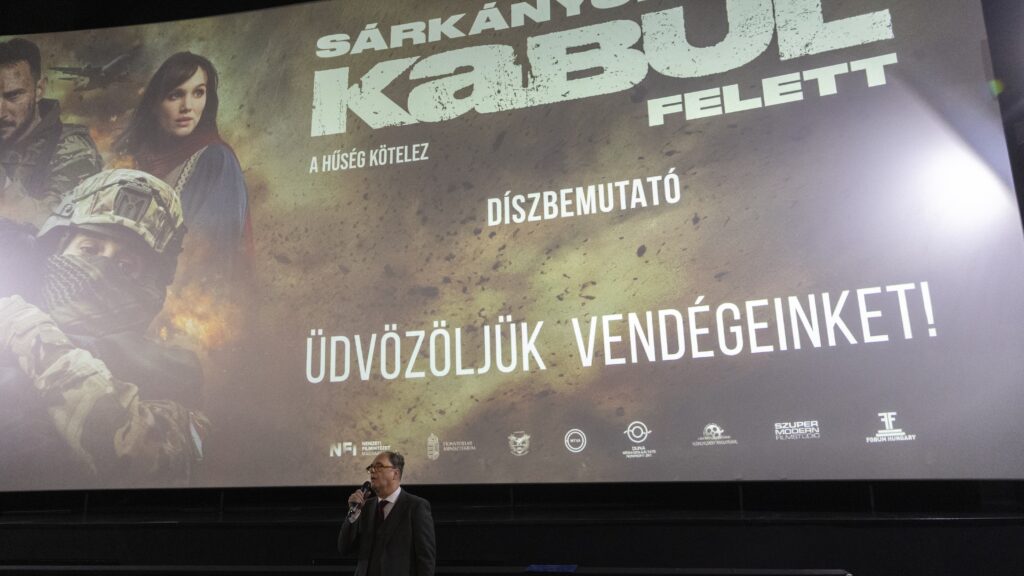
Hungarian cinema enjoyed a record-breaking year in 2025, as films backed by the National Film Institute passed two billion forints in box-office revenue and drew more than one million viewers, while winning dozens of international awards and boosting the global profile of Hungarian filmmaking.
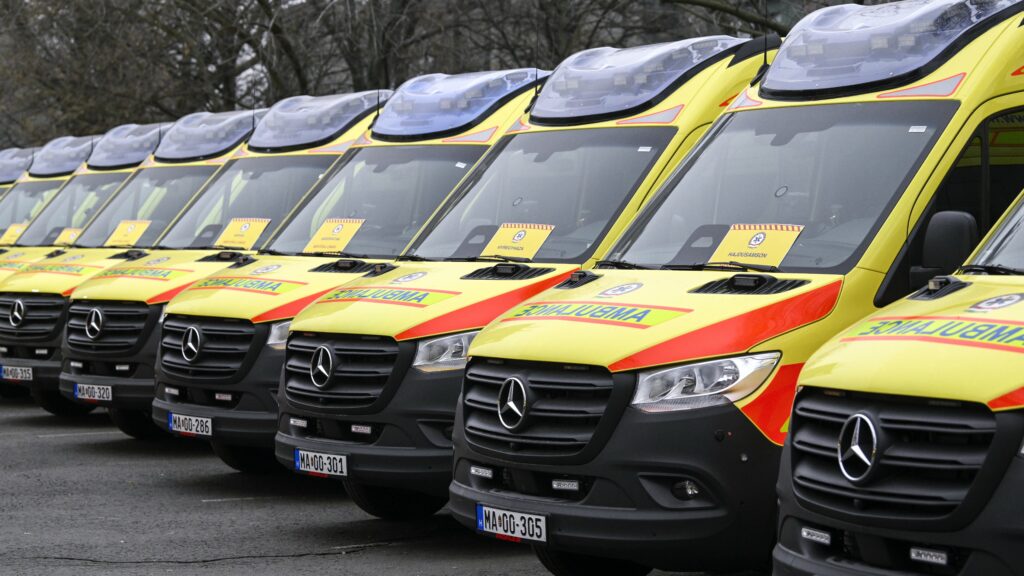
Hungary’s ambulance service is expanding its fleet as 43 new, state-of-the-art emergency vehicles enter service nationwide, strengthening patient safety and response capacity as part of a broader, multi-year modernization programme.

Budapest’s city assembly has approved the capital’s 2026 budget, setting total revenues and expenditures at more than 532 billion forints. The plan was adopted amid sharp political debate and ongoing concerns over municipal financing and state withdrawals.
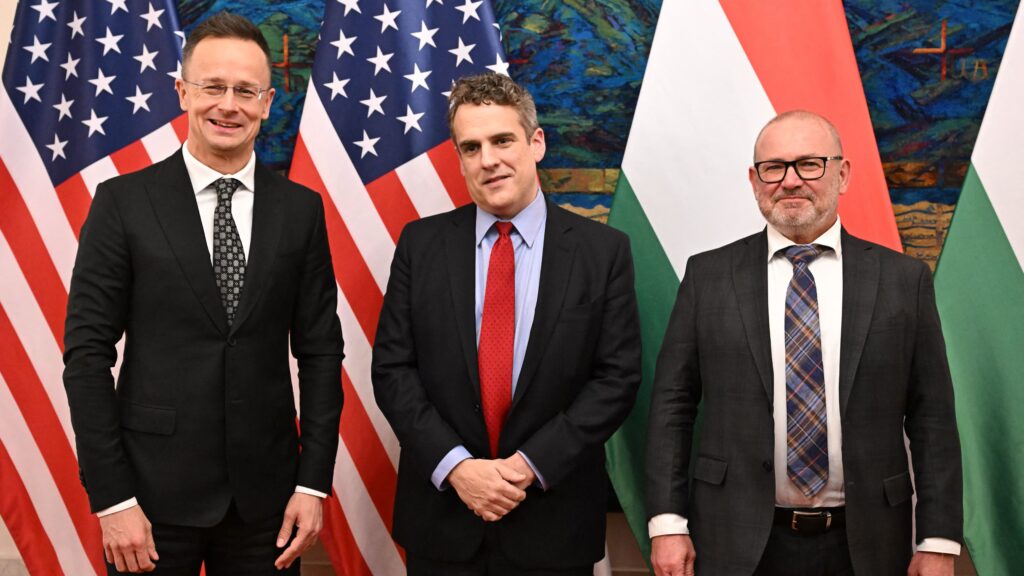
Hungary has reaffirmed its full support for US President Donald Trump’s peace efforts, arguing that a negotiated settlement must prevail over what it sees as escalating pro-war policies in Brussels, Foreign Minister Péter Szijjártó said in New York.
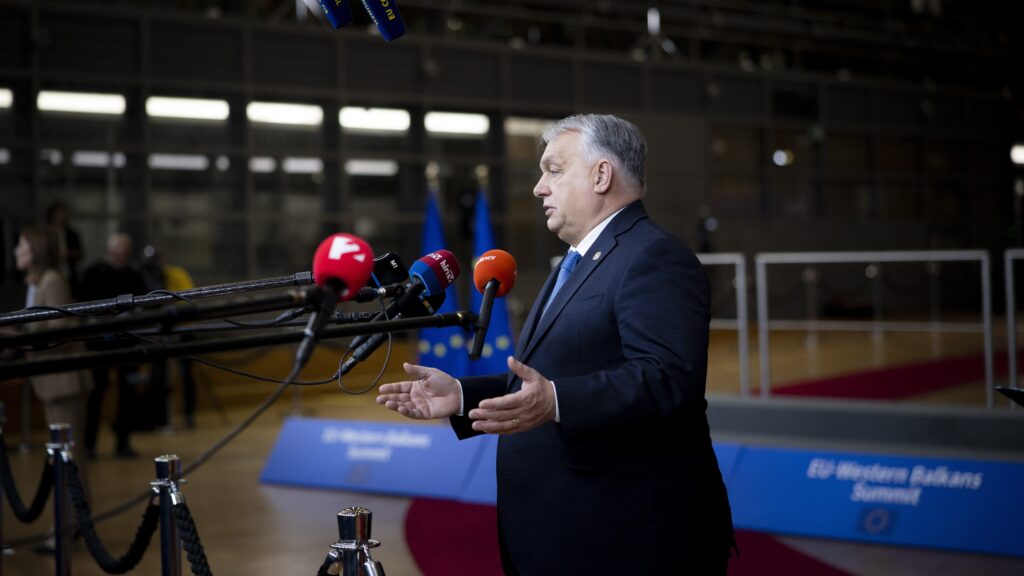
Prime Minister Viktor Orbán has accused the European Union of undermining member states’ rights by bypassing unanimity on frozen Russian assets, warning that such steps set dangerous precedents and risk dragging the bloc deeper into the war.

The Harlem Globetrotters, the world-famous American basketball show team, will return to Hungary in 2026 as part of their centenary world tour, performing in Veszprém, Szeged, and Budapest with their trademark mix of sport, humour, and spectacle.

Buying a real Christmas tree is more environmentally friendly than choosing an artificial one, according to a researcher at Hungary’s Ecological Research Centre, who highlights the benefits of locally grown trees and the long-term environmental costs of plastic alternatives.

Hungary’s 4iG Space and Defence Technologies and Lockheed Martin have signed a preliminary agreement to explore industrial cooperation linked to long-range rocket artillery systems, potentially laying the groundwork for HIMARS-related integration and production activities in Hungary.
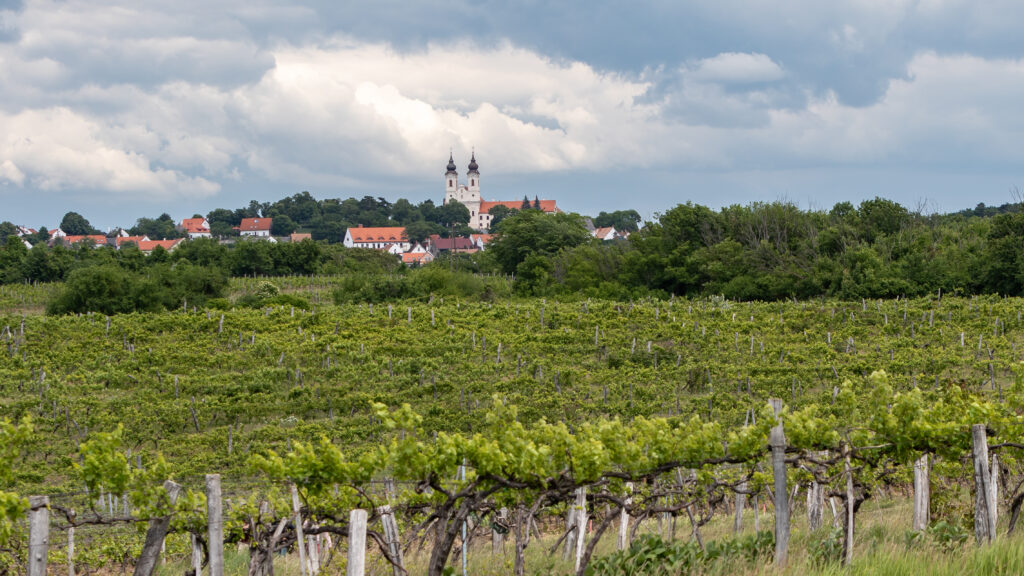
Hungary believes that flexibility, technological neutrality and regulatory predictability are essential for environmental policy if Europe is to remain competitive, the country’s environment state secretary said in Brussels amid renewed EU debates on green regulation.
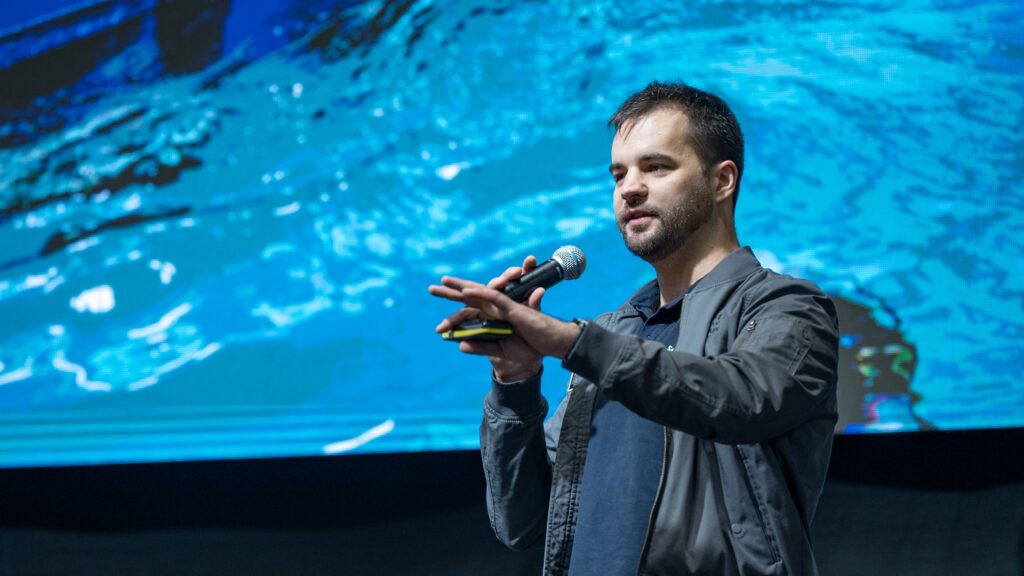
The University of Debrecen has awarded research astronaut Tibor Kapu an honorary associate professorship, recognizing his contribution to space-based plant research and his role in carrying out experiments developed by the university aboard the International Space Station.
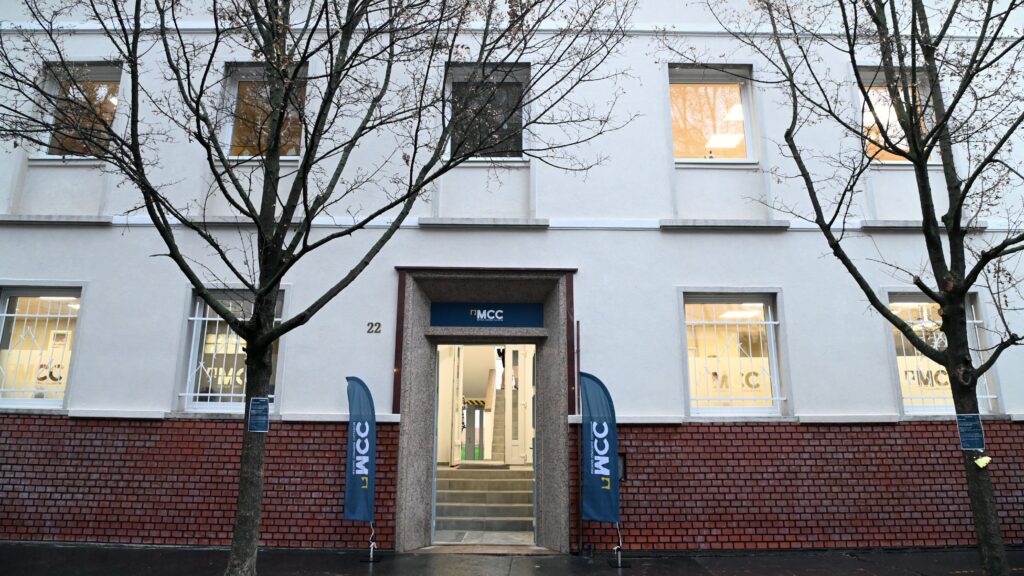
Talent is one of Hungary’s most valuable resources, and how it is identified and nurtured is a shared responsibility, a local MP said at the opening of the Mathias Corvinus Collegium’s new training centre in Szolnok, highlighting the city’s growing role in talent development.

The Sex Pistols will bring their 50 Years of Punk anniversary tour to Budapest next summer. Joined by vocalist Frank Carter, the legendary band will perform on 20 July 2026, at Budapest Park, with fellow punk pioneers The Damned as special guests.
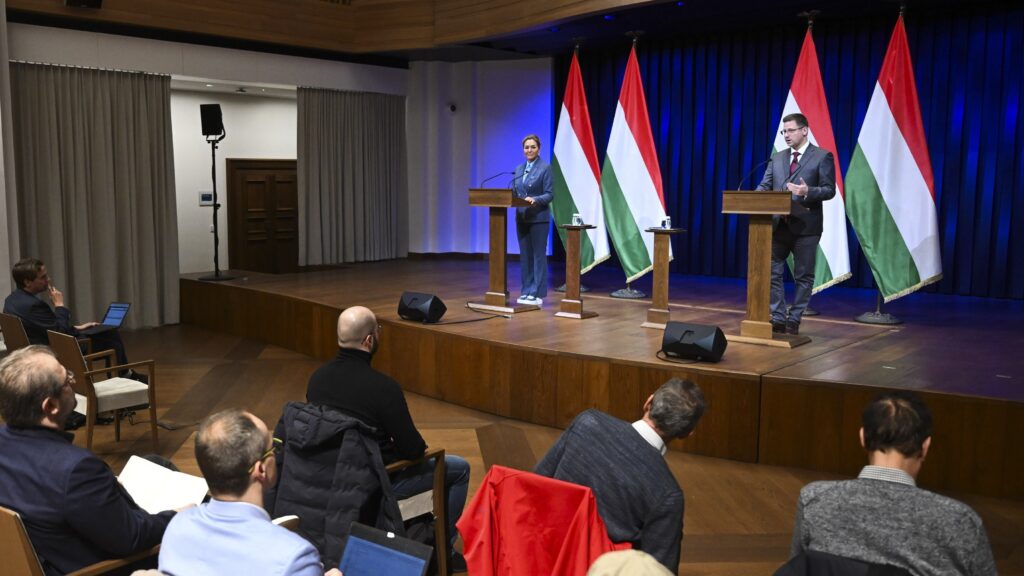
Hungary will challenge EU migration and energy decisions while launching a new solar storage programme and major infrastructure projects, Minister Gergely Gulyás announced following Tuesday’s cabinet meeting, which focused on economic and EU-related issues.